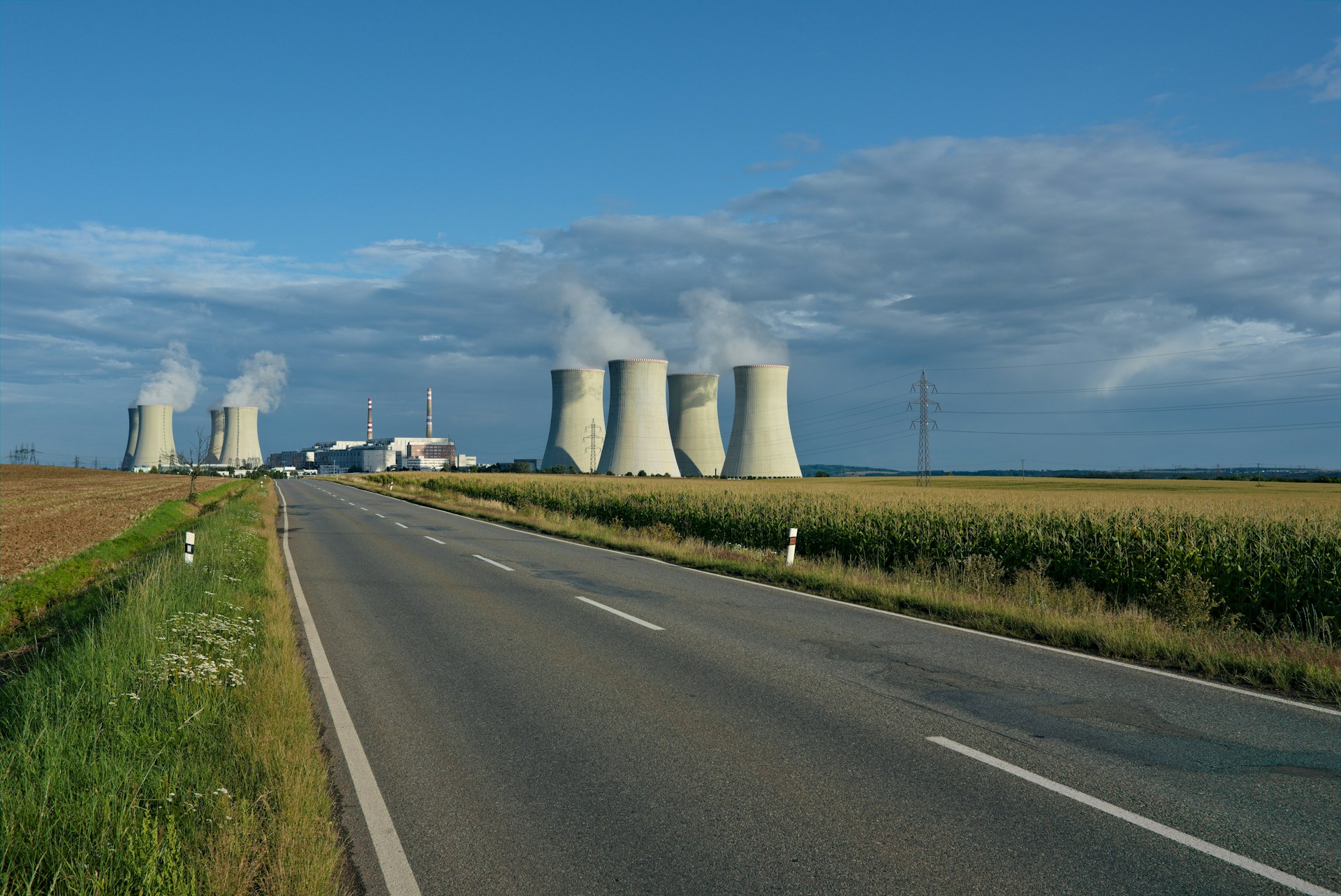In response to increasing cyber threats targeting critical infrastructure, the UK Nuclear Decommissioning Authority (NDA) has launched the Group Cyberspace Collaboration Centre (GCCC) in Cumbria. This new facility, housed at Herdus House, aims to bolster cybersecurity across the nuclear sector by promoting collaboration among nuclear operators and their supply chains.
The GCCC is designed to accelerate the adoption of cutting-edge technologies, including artificial intelligence (AI) and robotics, to strengthen defenses against cyberattacks. This initiative comes at a time when concerns over cybersecurity vulnerabilities in the UK nuclear sector have reached new heights.
A Critical Step in Enhancing Security
The establishment of the GCCC reflects the growing recognition that the nuclear industry, along with other critical sectors like energy, is increasingly vulnerable to cyber threats. Recent reports highlighted the Sellafield nuclear reprocessing site as particularly susceptible to cyberattacks. In October, the Office for Nuclear Regulation (ONR) imposed a fine of £332,500 ($419,291) on the company running Sellafield for cybersecurity deficiencies. These lapses in security, which had existed for some time, left the facility’s IT systems exposed to unauthorized access and data breaches, underscoring the need for more robust cyber defenses across the nuclear sector.
The rise in cyberattacks targeting the energy sector, including nuclear facilities, is alarming. According to recent studies, cyber incidents in the energy sector have surged by 264% over the past two years, with many attacks targeting infrastructure that relies on outdated technology and complex systems. The critical nature of these assets makes them prime targets for cybercriminals seeking to disrupt operations or steal sensitive information.
Collaboration as the Key to Resilience
David Peattie, CEO of the NDA, emphasized the importance of collective action in safeguarding the nuclear industry’s cybersecurity. The GCCC is positioned to foster greater collaboration between industry players, facilitating knowledge sharing and the development of joint solutions to counter the evolving cyber threat landscape. By focusing on innovation and leveraging emerging technologies like AI and robotics, the facility seeks to build a more resilient and secure infrastructure for the UK’s nuclear sector.
Peattie stressed that the NDA is committed to continuously improving its cybersecurity posture, noting that the GCCC would play a critical role in strengthening the sector’s collective defense capabilities. “When it comes to security, we are never complacent,” Peattie said, reflecting the NDA’s ongoing investment in advanced technologies and expertise to stay ahead of emerging threats.
Strengthening National Cybersecurity
The GCCC’s launch is part of broader efforts by the UK government to enhance its national cybersecurity framework. Recently, the UK introduced the Cyber Security and Resilience Bill, a new piece of legislation aimed at improving the security of critical digital services. The bill will expand regulatory measures, impose stricter reporting requirements, and introduce stronger safeguards against cyber risks across essential services, including energy and infrastructure.
This legislative initiative underscores the government’s recognition that cybersecurity is no longer a niche concern but a national imperative. As critical infrastructure becomes an increasingly lucrative target for cyberattacks, ensuring that sectors like nuclear energy remain secure is essential to maintaining national security and public safety.
Looking Ahead: A Model for Other Sectors
The GCCC’s establishment could serve as a model for other sectors dealing with similar cybersecurity challenges. By fostering collaboration and focusing on the integration of advanced technologies, the initiative is set to create a more cohesive and responsive cybersecurity strategy for the nuclear industry. As the cyber threat landscape continues to evolve, ensuring that the nuclear sector remains resilient will require ongoing investment, cooperation, and innovation.
With the rise of state-sponsored cyberattacks and the growing sophistication of cybercriminals, the role of initiatives like the GCCC in securing critical infrastructure cannot be overstated. The facility’s launch signals the UK’s commitment to staying ahead of potential threats and ensuring that its nuclear sector remains safe, secure, and capable of withstanding the increasing tide of cyber threats.


